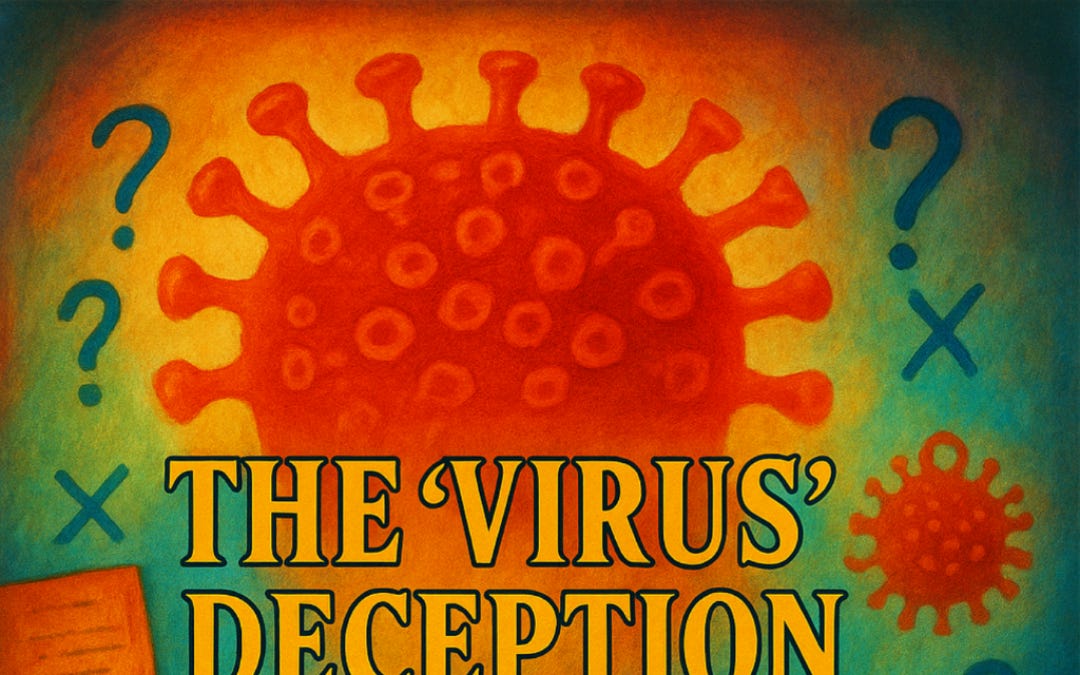If Mike Stone is using the definition that says it can only replicate in a host cell, why does spend so much time talking about how that definition was not used in the early 20th century? Shouldn't his arguments be based on the current definition and not a definition that was discarded by science?No. Mike Stone, along with the other signatories of the "Settling the Virus Debate" 2 page statement, quoted and referenced in the opening post of this thread, makes it clear that they are using the textbook definition of biological viruses, straight from a standard textbook, Molecular Cell Biology, 4th Edition, to be precise. That definition is as follows:
“A small parasite consisting of nucleic acid (RNA or DNA) enclosed in a protein coat that can replicate only in a susceptible host cell.”
the “virus” concept lacked clarity and certainty over the first half of the 20th century. However, the link between bacteriology and “viruses” was so strong at this time that these unseen entities were not considered conceptually distinct from bacteria:
Stating that viruses don't exist because outdated science that has since been discarded (because it was shown to not be accurate) can't show them to exist is pseudoscience.
Viruses are NOT bacteria. Since you admit that viruses are not bacteria why would you require viruses act like bacteria?Source:

The “Settling The Virus Debate” Statement
drsambailey.com
From what I've read, the key difference between alleged biological viruses and bacteria is in how they replicate. Using the standard definition of biological viruses above, bio viruses can -only- replicate/reproduce in a "susceptible host cell". Bacteria, by contrast, primarily replicate using binary fission, with a few having alternate forms of replication, but I've seen no mention of any of them reproducing within a host cell. For details on the methods of bacteria replication/reproduction, I found this page to be useful:

How Do Bacteria Reproduce? - Sciencing
Bacteria are single-celled microbes, and are one of the simplest forms of life on earth. Containing just a single chromosome of DNA, they lack a nucleus or other organelles found in most eukaryotic cells. To replicate, bacteria undergo the process of binary fission, where a bacteria cell grows...www.sciencing.com
Your link contradicts itself. It claims viruses have never been isolated and then says what has been isolated has never been able to infect.
This is contradictory and then requires that isolated viruses act exactly like isolated bacteria. But you have already admitted that viruses are NOT bacteria. Requiring viruses to act like bacteria is pseudoscience.









